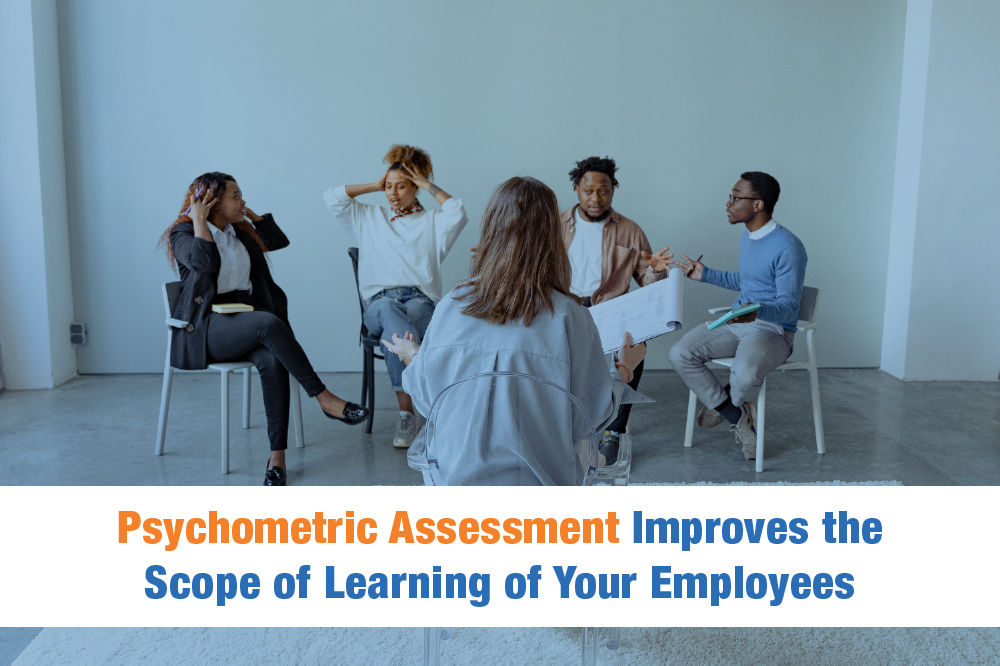Assessment for Learning is based on psychometric assessments and the properties that psychometric assessments use for evaluation to ensure that the data analyzed and assessed is reliable and valid throughout the study. Here’s what you should know about psychometric assessment properties.
What is Reliability in Psychometric Assessment Properties?
An excellent assessment for learning or psychometric assessment must have a high level of reliability. If a test consistently delivers inconsistent and unreliable results, it will not be deemed dependable. The consistency of test scores throughout repeated occurrences of testing, multiple test editions, or multiple raters grading the participant's responses determines the test's dependability.
Scholars and researchers have discovered various methods for determining psychometric assessment dependability. Some involve assessing the same individuals at different times or giving them multiple versions of the same test to see how consistent they are. To be considered legitimate, an evaluation must have a high level of reliability in this assessment for learning.
Assessment for Learning is based on psychometric assessments. The features that psychometric assessments employ for evaluation ensure that the data analyzed and assessed during the study is trustworthy and valid. What you should know about psychometric assessment properties is outlined below. The test's dependability is determined by the stability of test scores throughout several testing sessions, multiple test editions, or multiple raters judging the participant's responses.
What is Validity in Assessment for Learning and Psychometric Assessment Properties?
Criterion validity and translational validity are two characteristics of a valid instrument. The creators of a psychometric assessment instrument follow various processes to ensure that it is good. On the other hand, researchers must grasp the fundamental notions of instrument validity. Validity emphasizes the instrument's utility as a variable measurement.
Psychometric validity refers to the ability of a learning assessment to evaluate what it claims to measure. Validity is an essential aspect of a trustworthy psychometric assessment since it establishes if the test measures what we want it to count.
What is BYLD’s Assessment for Learning that Enhances Leadership Training?
We usually pair our evaluations with one-on-one coaching to debrief the exam, build an individual growth plan, and get started on that plan through SLII training.
The number of times SLII leadership behaviours are utilized is tracked.
Analysis of Leadership Behavior Measures the adaptability and efficacy of a leader's style; available in both a Self version and a 360-degree format as part of the standard SLII participant materials.
The 360-degree Booth
Provides managers and individual contributors with 360-degree feedback; the Booth 360 tests offer a broader spectrum of leadership qualities than Blanchard-owned assessments, which are frequently focused on the skills covered in a specific program (for example, LAPII with SLII).
Assessment of Frontline Leaders:
This quiz aims to determine your leadership talents in twelve different categories.
EQ Test by TalentSmart
The Emotional Intelligence (EQ) exam assesses a person's ability to understand, manage, and experience emotions. It shows up in our day-to-day activities and our interactions with others.
It's a cutting-edge professional development tool that helps employees examine their personalities by delivering straightforward, jargon-free information. This learning assessment aims to help firms improve their employee performance.

YOU CAN’T LEARN ANYTHING FROM A POP-UP.
But you can learn a lot from insightful matters by our experts by getting those delivered to your inbox every month.







Comments